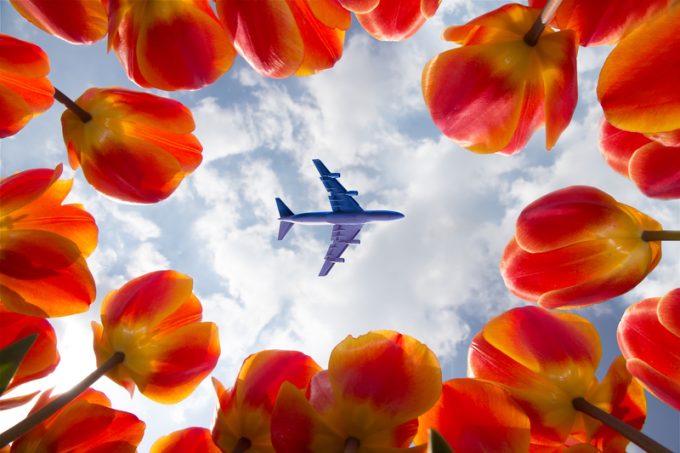Soft airfreight market casts doubt over H2 peak
Late today, as the US celebrates Independence Day, the ending of de minimis exemptions for ...

Kenyan flower exporters have warned that the rate and capacity levels in air cargo are at “critical” levels for farmers.
In the first week of October, according to Rotate’s capacity database, airfreight capacity out of Africa into Europe fell 8%, year-on-year, while out of Nairobi, capacity ...

Comment on this article